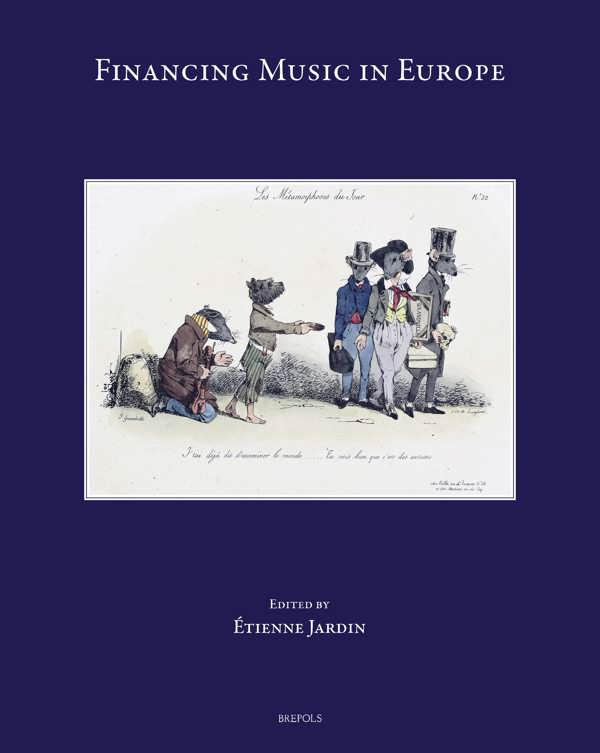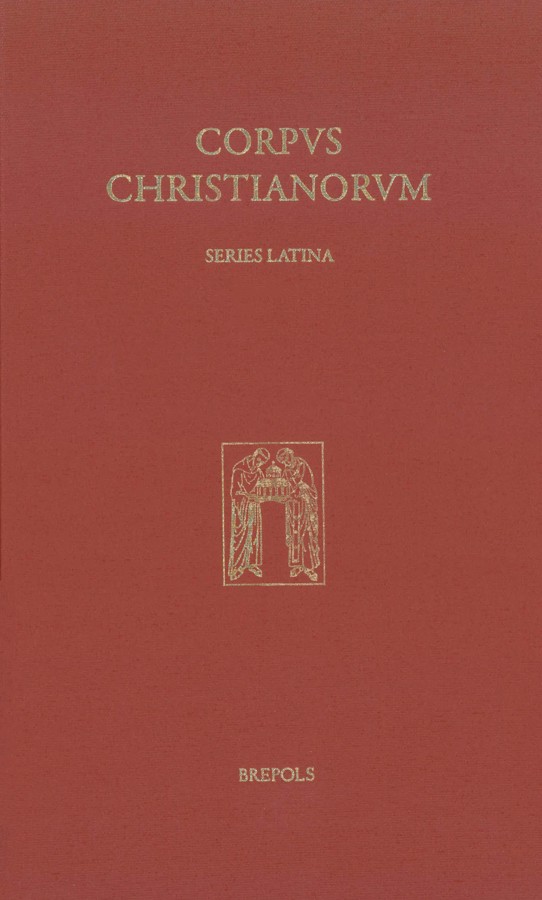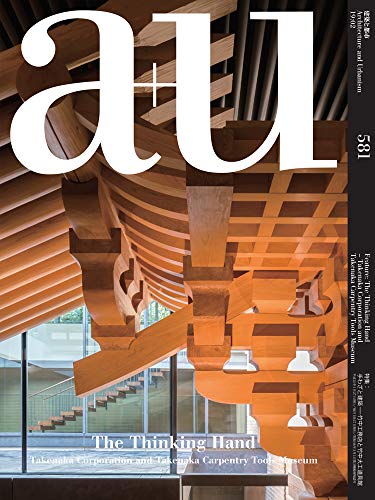Financing Music in Europe - Brepols
4.5 (728) · € 83.50 · En Stock
The way in which music was financed from the 18th to the early 20th centuries has usually been depicted as a slow transition from private investment (or patronage) to more public forms of financial support. In particular, the later 18th and earlier 19th centuries marked fundamental changes in European life with the development of new technologies and expanding market economies. Composers and musicians, no longer bound by service to a court or a patron, were fully integrated into the musical market, and new categories emerged, such as theatre impresarios and the artistic agent. During the second half of the 19th century, the concept of a career as a concert musician began to take shape concurrently with the second Industrial Revolution. This book investigates the various aspects of financing the music world — in court, on lyrical stages, for concerts, or even music schools — and ask the question: did the provenance of funding and the funder’s identity have an impact on music itself?

Brepols - End of the Year Sale 2023

Pizà, Antoni CUNY Graduate Center

Music Publishing and Composers (1750-1850) - Brepols

Professor Simon McVeigh Goldsmiths, University of London
The idea that the body plays an essential role in music has stimulated a wide range of new approaches in recent musicology. This book tries to apply
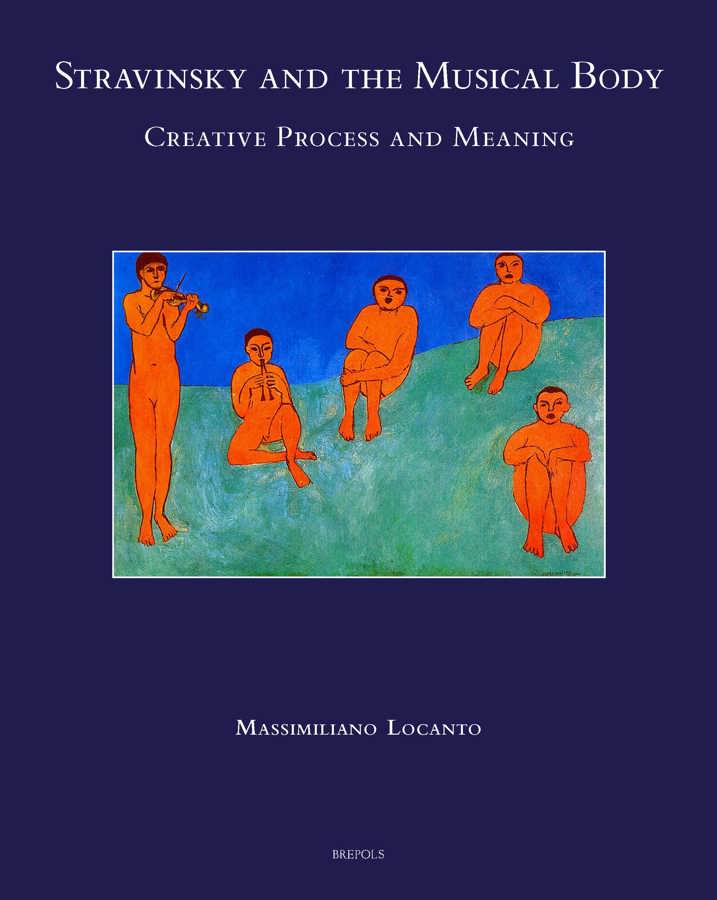
Stravinsky and the Musical Body
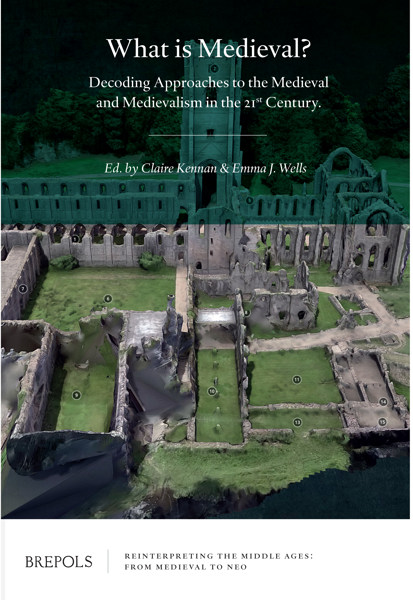
Brepols - Home
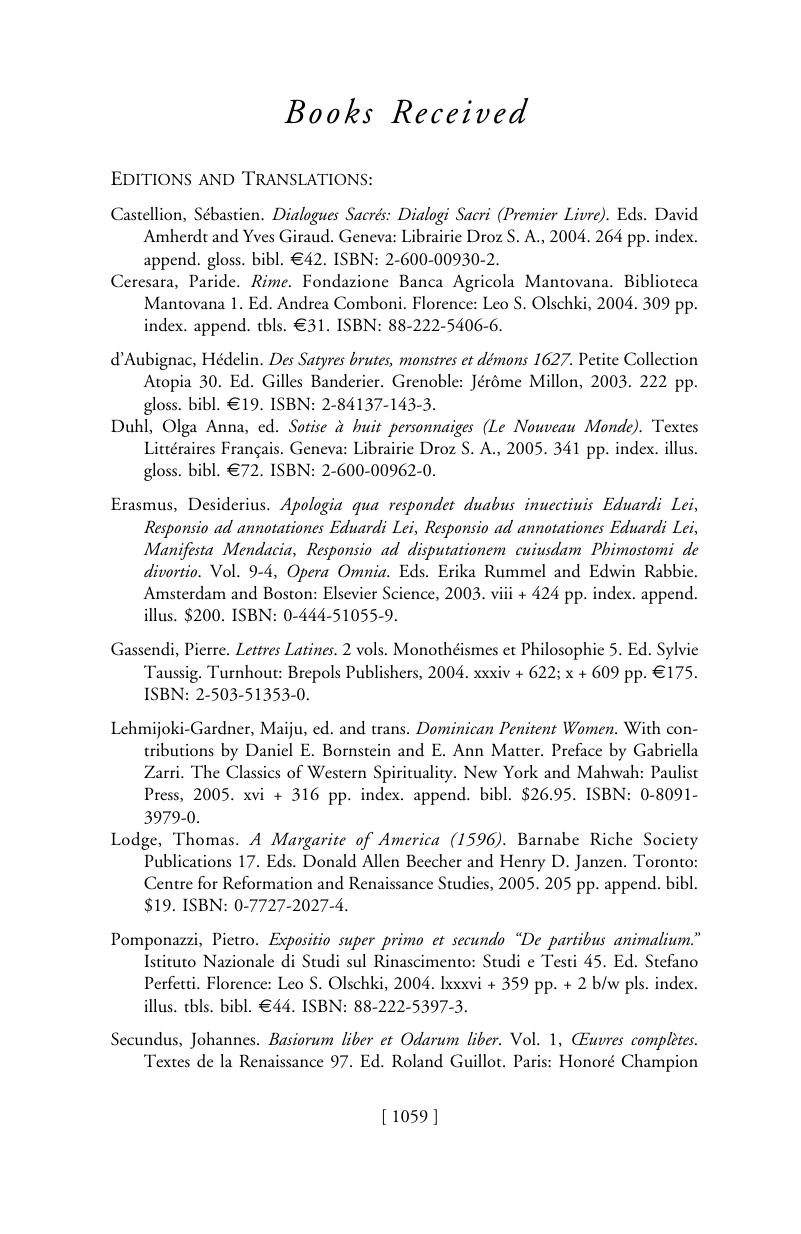
Books Received, Renaissance Quarterly

Gabriele Slizyte, fellows, Sylff Official Website

Music Mobility Funding Guide - Focus on Europe

Diplomatic World_67_HR-3






